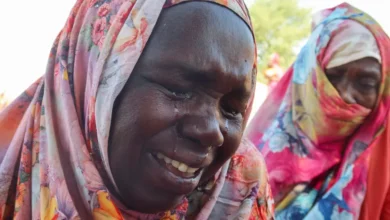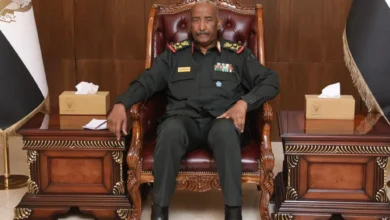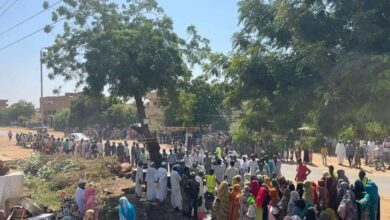Heading overseas, will Al-Burhan’s and the forces of change’s visits encourage in Sudan crisis’ resolution?
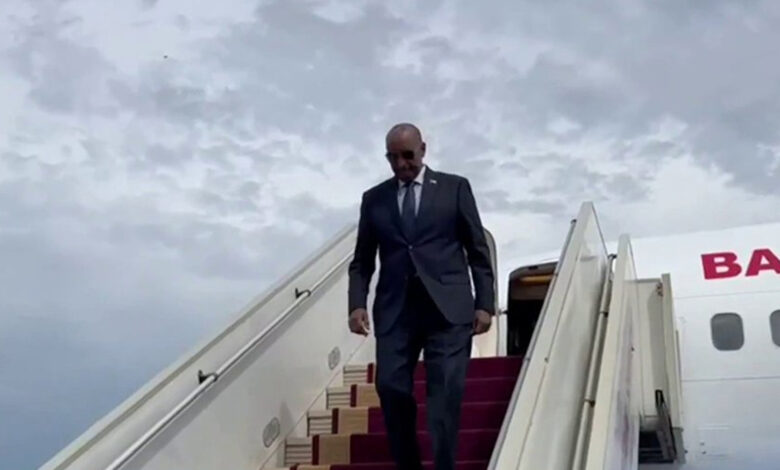
Despite the raging battles in various parts of the capital, Khartoum, and the army’s intensification, the door was opened to harbingers of the impending end of the fighting between the army and the Rapid Support Forces since mid-April with the departure of the President of the Transitional Sovereignty Council, Commander-in-Chief of the Sudanese Army, Abdel Fattah Al-Burhan. His assaults on websites offering immediate support lasted more than a week.
During his speech at the Flamingo Naval Base in the Red Sea, Al-Burhan declared his resounding refusal to negotiate with the RSF, describing it as a traitorous rebel group, vowing to achieve a sweeping victory.
From Cairo, Al-Burhan spoke after his meeting with Egyptian President Abdel Fattah El-Sisi that the Sudanese army does not seek to continue ruling, but rather is working to “achieve a democratic transformation and organize free and fair elections in which the Sudanese people decide who will rule them,” stressing that “they are currently facing a rebellion that seeks to to seize power by force.
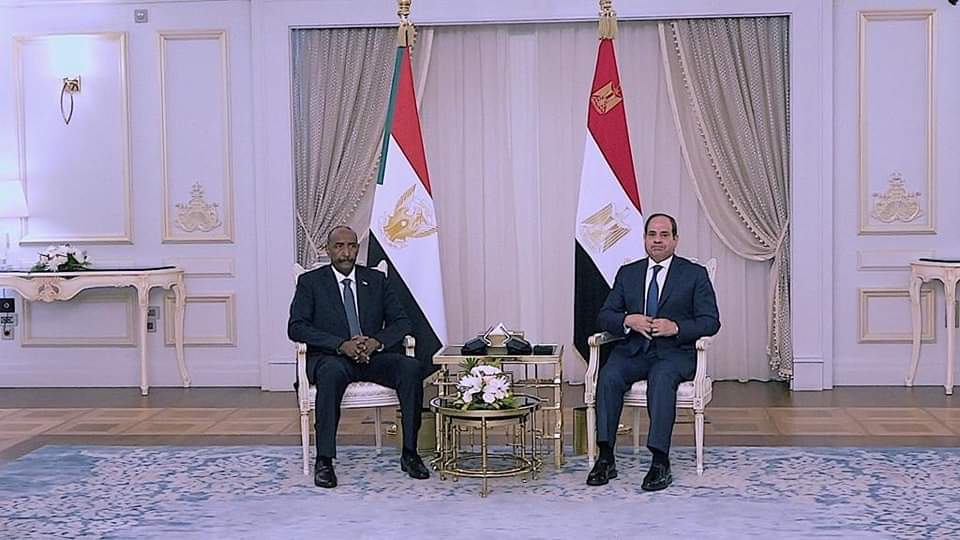
The army commander is expected to continue his foreign tours in several capitals next week, including Qatar, Saudi Arabia, Chad, and perhaps Turkey, according to sources in the Sudanese Ministry of Foreign Affairs.
According to the same sources, Al-Burhan would inform these nations’ leaders of the army’s position on the RSF and field developments and confirm its refusal to resume negotiations unless the RSF departs civilian objects (private property).
Parallel political movements
In parallel, the Forces for Freedom and Change – the Central Council group – began a new round of circling regional capitals, including Qatar, to which prominent leaders of the coalition arrived, followed by Kuwait and South Sudan.
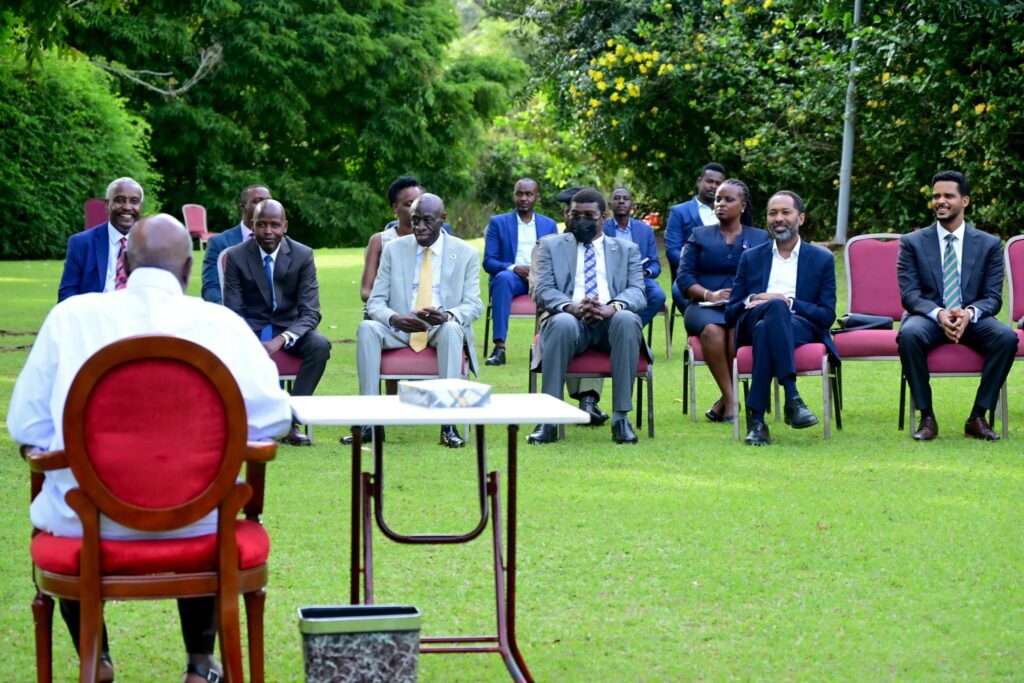
Last month, these political forces made visits to Uganda, Kenya, Ethiopia, and then Egypt, during which they focused on consulting with the leaders of these countries on ways to stop the war in Sudan.
It is reported that the coalition leaders will explain during these rounds their vision for restoring the path of democratic civil transition.
The importance and purposes of these tours
Military experts believe that Abdel Fattah al-Burhan’s foreign visits are the “basis,” because they represent the state and government that now exists in Sudan.
And that any moves to achieve the supreme interests of Sudan, whether it is stopping the war and reaching a cease-fire, or settling the military issue between the army and the Rapid Support Forces, is the cornerstone of finding a light at the end of the tunnel.
Some experts devalue the significance of the Central Council’s and the Democratic Bloc’s external movements, which have taken place in Cairo, in Addis Abeba, Kampala, and possibly other stations. They claim that these tours have no direct bearing on the current situation and do not alter the equations that are in place because they are currently without power and are searching for it. a starting point for any further equations.
On the other hand, political analysts believe that the RSF and the army set the agenda for negotiation openly in the past days, when the support presented what it called a comprehensive vision for the solution, while Al-Burhan outlined the army’s vision in his statements in Cairo.



